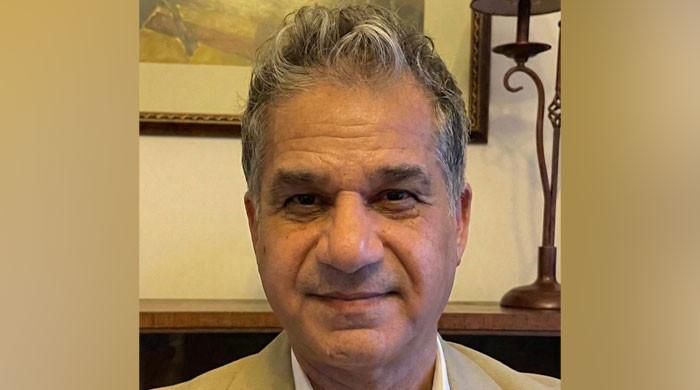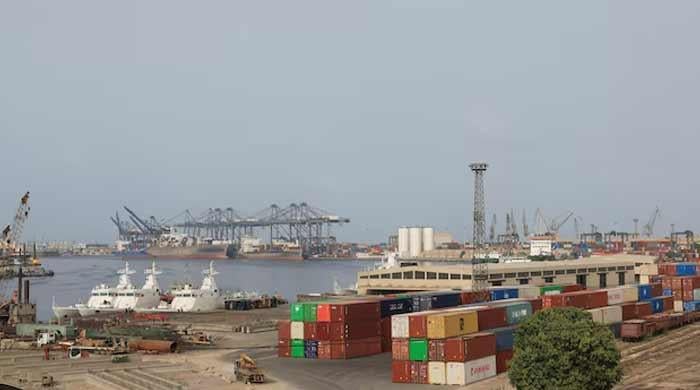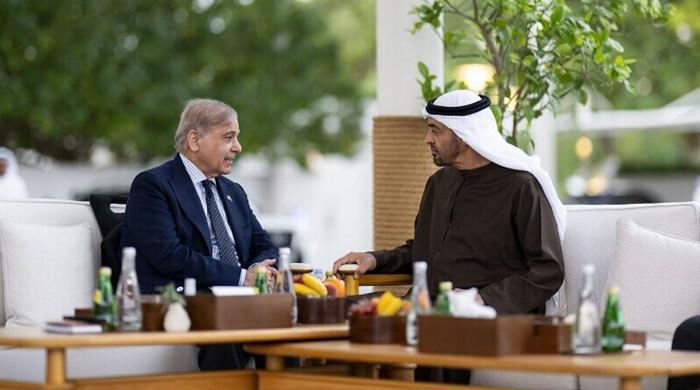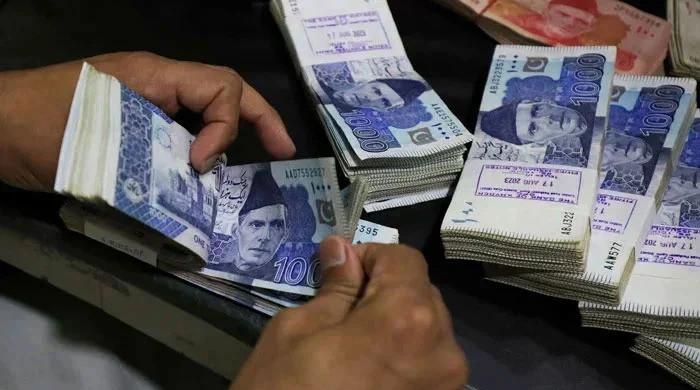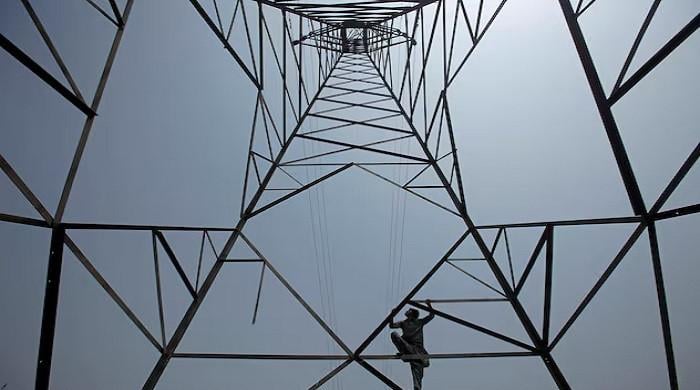Pakistan receives letter of intent from IMF, inches closer to sealing bailout deal
Letter is now to be jointly signed by Finance Minister Miftah Ismail and Acting SBP Governor Murtaza Syed
August 12, 2022
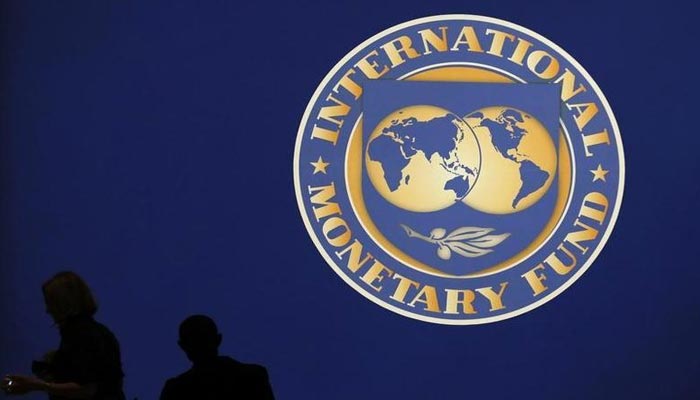
- The letter is now to be jointly signed by finance minister and SBP governor.
- Staff-level agreement is to be reviewed by IMF's board on August 29.
- The board will also consider adding $1bn to a $6bn programme.
Days after Pakistan reached a staff-level agreement with the International Monetary Fund (IMF), Islamabad received the letter of intent (LOI) — a document declaring the preliminary commitment of one party to do business with another — from the global lender.
The receipt of LOI shows that Pakistan’s deal with IMF to release two tranches worth $1.17 billion under a stalled loan facility is trudging closer to the finish line.
The letter is now to be jointly signed by the Finance Minister Miftah Ismail and Acting State Bank of Pakistan (SBP) governor Murtaza Syed.
The IMF and Pakistan reached a staff-level agreement in the second week of July after months of deeply unpopular belt-tightening by the government, which took power in April and has effectively eliminated fuel and power subsidies.
The staff-level agreement would be reviewed by the Fund’s board at a meeting due on August 29. The board would also consider adding $1 billion to a $6 billion programme agreed on in 2019.
The new government had slashed a raft of subsidies to meet the demands of global financial institutions but risks the wrath of an electorate already struggling under the weight of double-digit inflation.
An original $6 billion bailout package was signed by former prime minister Imran Khan in 2019, but repeatedly stalled when his government reneged on subsidy agreements and failed to significantly improve tax collection.
‘IMF is best anchor to avoid distress’
“It is indeed good to learn that LOI signed by Pakistan will be forwarded to IMF immediately to ensure Board approval in August,” Former adviser to Ministry of Finance Dr Khaqan Najeeb told Geo.tv.
“Hopefully this can ensure disbursement of $1.17 billion by end of August,” he said, adding that for countries like Pakistan with a vulnerable balance of payments position and low reserves at $7.8 billion IMF is the best anchor to avoid distress.
The economist said: “We must realise that the scarcity of foreign inflows to Pakistan over the past few months is largely due to the delay in completing the seventh and eighth review of the programme with the IMF.”
He maintained that the strength in the forex market, a reversal in yields of Pakistan Euro bonds and improvement in Pakistan's central depository system have a lot to do with the news of the continuation of the IMF programme.
Mini-budget on cards
Earlier, an official told The News that the government was also forced to present “a mini-budget for reviving the suspended IMF programme” as the Pakistan Democratic Movement (PDM) led government snapped under the retailers’ pressure and waived their fixed tax, which was supposed to be collected through electricity bill.
“A mini-budget is on cards as the government has decided to promulgate an ordinance for taking additional taxation measures to fetch Rs18 billion into the national kitty,” the official had said.
Different sectors are under consideration for bringing additional taxes in order to satisfy the IMF as the government may slap more taxes on cigarettes, tobacco leaves and fertiliser, etc. Tax rates on cigarettes and the processing of tobacco leaves may be jacked up through a Presidential Ordinance.
It is yet to be seen how the government will bring changes in the Finance Act 2022 through Presidential Ordinance, which will fetch Rs27 billion from retailers.
The finance minister Miftah also confirmed a government plan to impose additional taxes. “Different proposals are under consideration and a decision would be taken by the prime minister soon,” he told The News.





